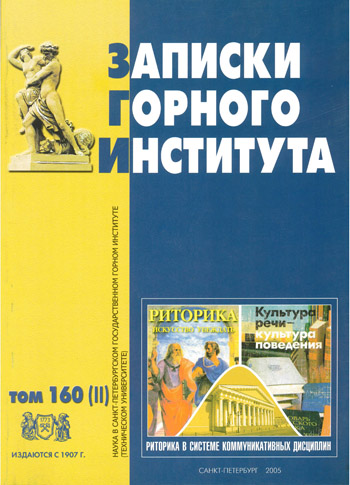The field of lexical occasionality: to the problem of functional-semantic description
- N.F. Katanov Khakass State University
Abstract
In modern linguistics, the field model of the language system has become widespread. The present article proposes one of the possible variants of constructing the expressive field of lexical occasionality. In our opinion, lexical occasionalism is represented by three main types of occasionalisms: 1) lexical proper: rebuilder, advertiser; 2) lexical and word-formation: falsh ak, subconscious; 3) semantic: acupuncture - "embroidery", posharit - "to play balls". Occasionalisms fulfill two main functions: expressive (occasionalisms-expressives) and nominative (occasionalisms-nominatives). The expressive function is represented by two varieties: figurative-characteristic and emotional-evaluative functions. The first of them is in the core of the field, it is peculiar to semantic occasionalisms, the second one is on the nearest periphery, it is characteristic of proper lexical and lexical-formative occasionalisms. The nominative function is performed by a small number of proper lexical occasionalisms. We consider it expedient to consider lexical occasionalisms of other types and occasionalisms of other linguistic levels within the framework of the field theory.
